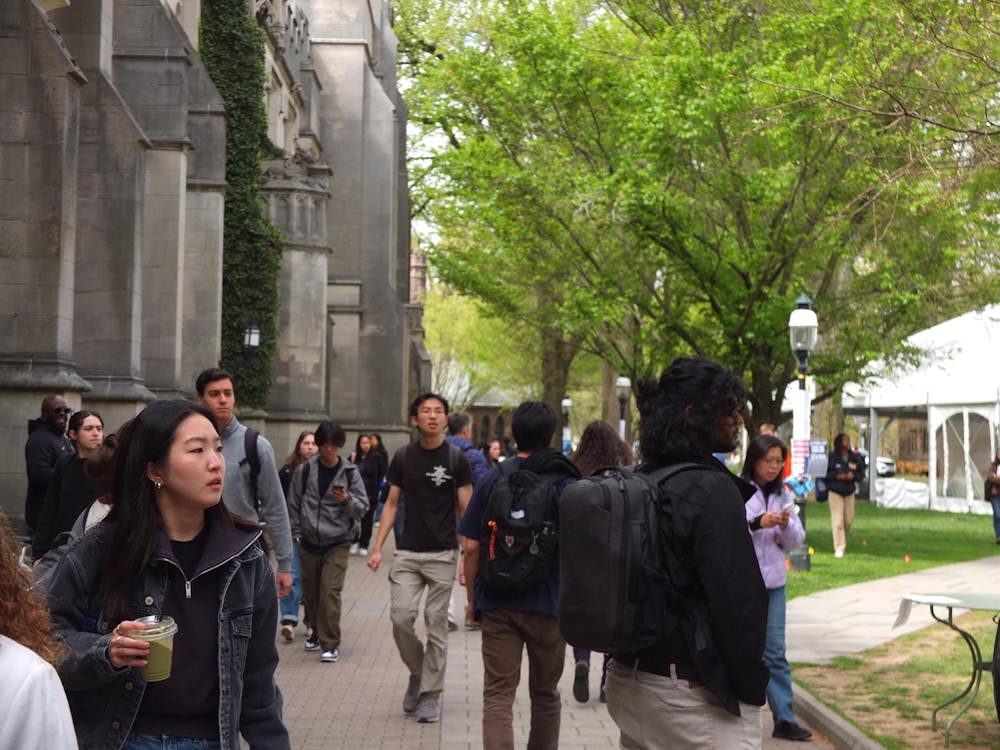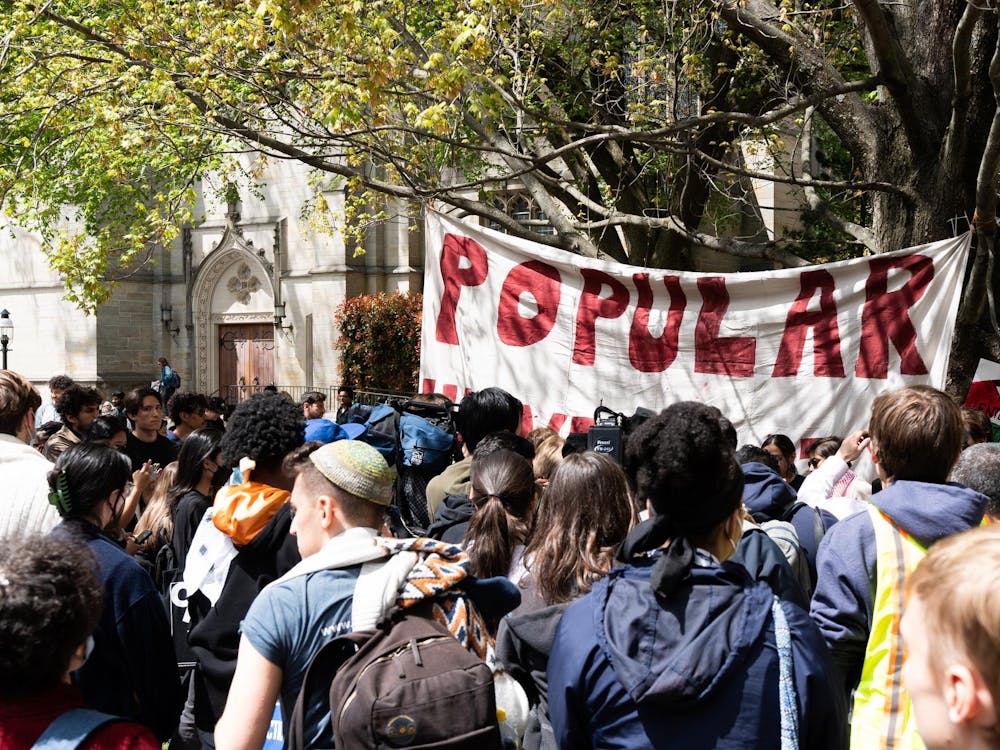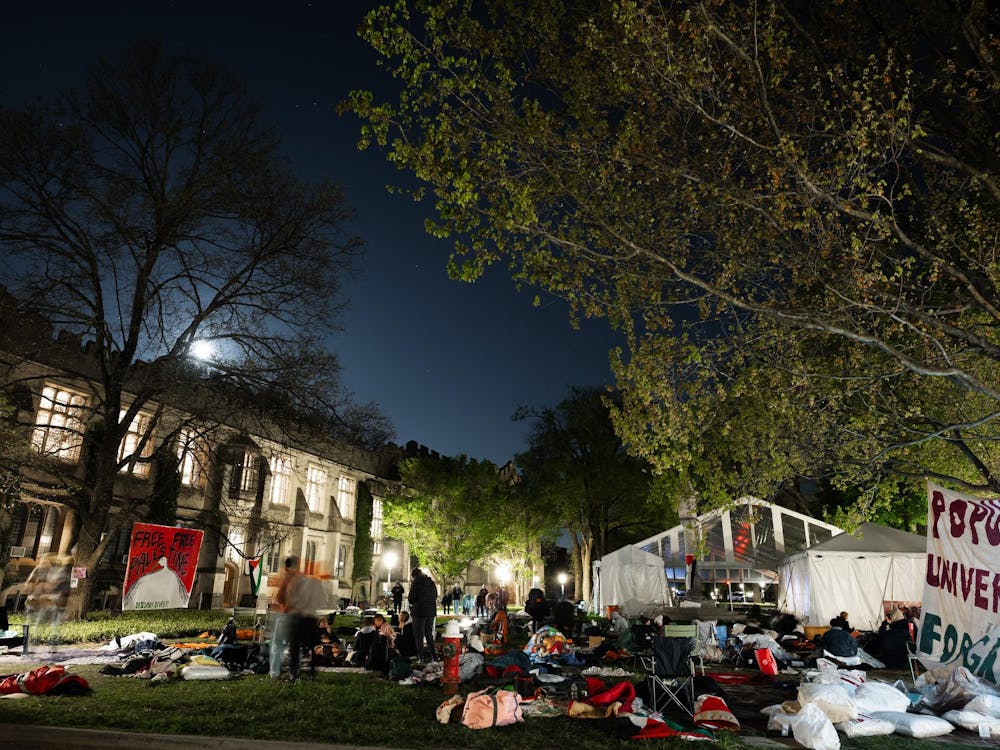The accessibility of the University’s eating clubs, both financial and social, was discussed Sunday night at a town hall discussion hosted by the Undergraduate Student Government.
“Our project is centered around accessibility in eating clubs and assessing students’ opinions on accessibility both in and not in eating clubs,” said Nihar Madhavan ’15, one of the project leaders for this initiative.
He said one way USG has addressed eating club accessibility has been to gather student feedback through the use of a survey that USG president Shawon Jackson ’15 sent to students in an email.
According to Madhavan, the term “accessibility” is used to include eating options and dining accessibility, accessibility to social eventsfor eating club members and non-members of the clubs and information about bicker and financial aid.
During the meeting, students in the audience expressed concerns with the eating clubs, including how difficult it can be for those with dietary restrictions to find satisfactory meal options in the clubs. One student noted the importance of a variety of good quality options for students with dietary restrictions.
U-Councilor Mallory Banks ’16 proposed additional labels that can identify which ingredients are in the food to help guide students with dietary restrictions.
Another topic discussed was financial aid access for students who hope to join eating clubs.
Students on financial aid receive an extra allowance of $2,050, in addition to their regular allowance for a meal plan, which they can combine to defray eating club costs. However, this amount usually falls short of the full cost of most eating clubs. The extra allowance has not changed since the University since instituted it.
Assistant Dean of Undergraduate Students Bryant Blount ’08 explained that junior and senior students can receive a certain amount of financial aid to help cover the costs of joining an eating club or a co-op or if they decide to go independent.
“I’m curious if students are aware, however, some students do this, that the University offers extremely family-friendly loan options if there is still a gap remaining,” Blount said.
U-Councilor Dallas Nan ’16 said that he thought it was unfair of the University to advertise itself as a loan-free University when many students enter eating clubs in part because it is expected that upperclassmen join eating clubs.
“A lot of people do have to take loans,” he said. “I think we need to re-evaluate the idea ... [of] constantly touting the University as no-loan especially when a good number of people do have to take out loans when it comes to upperclassman eating.”









